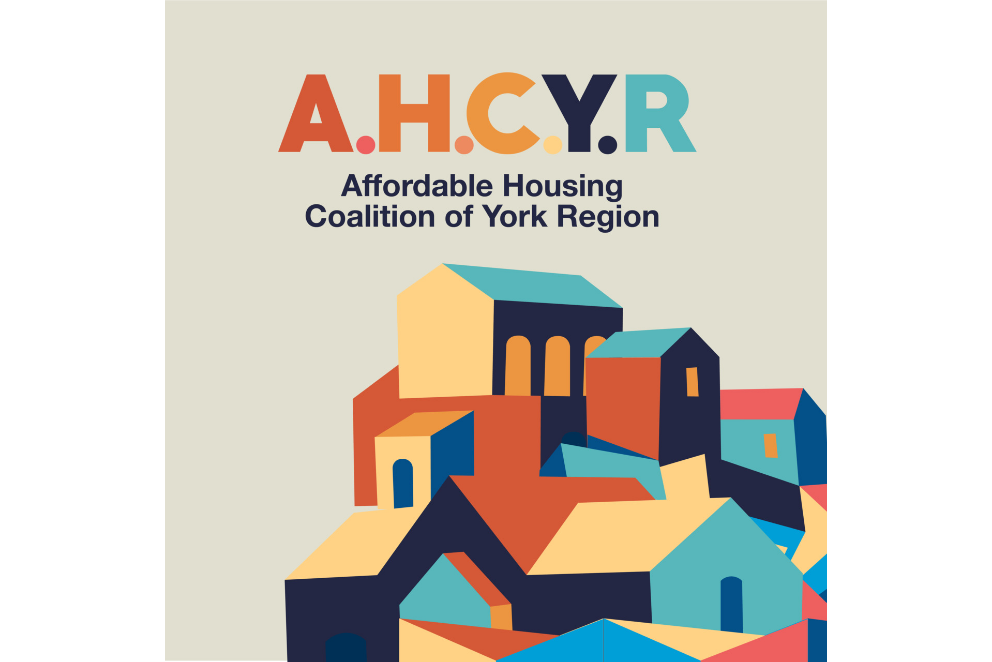As part of The Knowledge Network for Applied Education Research’s (KNAER) Knowledge for Student Well-Being (KNSWB), the SPNO is in the second year (2017-18) of a four-year project to create a Community of Practice (CoP) in communities across Ontario that will bring research knowledge to bear on the reduction of inequities and the promotion of inclusion in the Ontario school system.
What is a Knowledge Network?
A Knowledge Network brings together researchers, community leaders and organizations, and educators to identify and share research and information in a theme area that can be used to create evidence-based strategies and resources to improve student well-being and enhance educational outcomes.
What are “Communities of Practice”?
A Community of Practice (CoP) organizes the engagement of multiple stakeholders in the education system into an interactive process to identify policy and practice issues relevant to its area of study, investigate the existing knowledge base on these issues, and develop actionable strategies and resources that address them.
The SPNO has been selected as the CoP for Equity and Inclusive Education in the KNSWB initiative. SPNO is committed to engaging not only researchers and educators in its Equity and Inclusion CoP but also students, parents and other community members with an interest in public education and community well-being.
Our Focus
SPNO’s work in the KNSWB project focuses on low income students and families. This has traditionally been the research and policy strength of our social planning and development work, recognizing that the lived experience of low income students and families in the education system commonly intersects with other historically marginalized communities including but not limited to indigenous, racialized, differently abled, immigration status, gendered and LGBTQ+ identities.
Consistent with the rootedness of its organizational membership at the local level, SPNO sees the opportunity to create local communities of practice on equity and inclusive education through this initiative and to connect these local leadership networks at the provincial level through a “Cross-Community of Practice”. This is an organizing model on shared themes and common goals that the SPNO has successfully employed in its previous policy and community development work.
The goal of achieving equity generally includes three dimensions:
- a) improving/equalizing access to educational opportunities and resources, such as good teachers, programs, technology, music and arts, school trips;
- b) improving/equalizing outcomes as measured by test results, graduation rates; and
- c) improving how students experience school (feeling included/belonging, safe, respected).
For more information click here.
Monographs created by the project:
Private Money in Public Education



